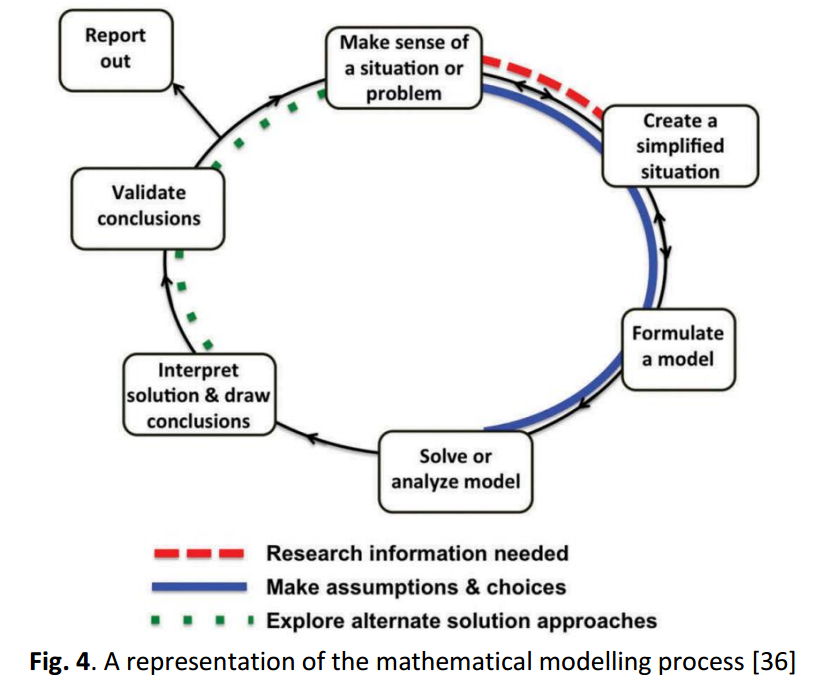A Large Room Case Study of Facility Layout Problems Influences Energy Efficiency and Thermal Comfort
DOI:
https://doi.org/10.37934/feel.2.1.6374Keywords:
Facility layout problems, energy efficiency, thermal comfortAbstract
The FLP, or Facility Layout Problem, is a well-known and extensively examined issue that has received significant attention across multiple disciplines, including industry and manufacturing. One of the recent studies examines the issue of FLP in a large room. The study of the issue concerning large rooms, such as libraries, involves an analysis of how the arrangement of facilities and temperature settings significantly impact the thermal comfort of individuals and, consequently, the energy usage inside such large rooms. The arrangement of facilities typically impacts the air distribution within a large room. Inappropriate facility layout design may result in indoor temperature imbalances, wherein certain areas experience too much cold or heat. Thus, there exists an irregular distribution of users due to the varying thermal comfort of each individual. Previous researchers have discussed this issue. However, after a detailed examination of previous study, a few drawbacks have been identified in the process of building mathematical models. These drawbacks include issues such as poorly organised mathematical modelling, the presence of ambiguous or disorganised data collection and analysis techniques, as well as the absence or ambiguity of variables and constraints. Concerning FLP in large rooms and other energy-efficiency issues. Therefore, this study proposes a structured mathematical approach aimed at building a more efficient, inclusive, and reliable model. This study uses a university library in Malaysia as a case study. The list of the sub-competency of the modelling process is used as guidelines for building mathematical models in this work. The entire procedure for developing a mathematical model is laid out, and suggestions for the future are made. This work is seen as an important step towards conducting more FLP investigations in large rooms for the greater good in the future, which was part of the PhD research conducted at UUM.











